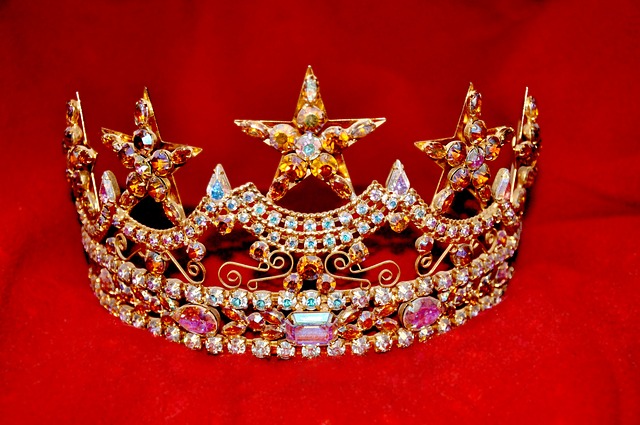The perception of a gender gap in the technology industry still exists. This is despite the disruptive thinking and new technologies that have been ushered in by the current startup boom. This perception isn’t just true for startups, but also in the venture capital and private equity industries that support them.
According to statistics from data research firm Preqin, an average of only 11 percent of the senior positions at private equity firms was held by women in North America. While this is an improvement from the 10.3 percent of senior roles held in 2013, it is still troubling for many observers.
Changing the Dialogue
Much has been written about the reasons for this issue and how to solve it. But a consensus has been difficult to come by. There are even some who have suggested that identifying a root cause to blame might be missing the point altogether.
“One of the problems we have as women is that we always hear about the things women do wrong,” says Riverside Company COO Pam Hendrickson. “What if we changed the dialogue?”
Hendrickson, who also serves as global chairwoman of the Association for Corporate Growth, has instead been a big proponent of emphasizing the successes that women have had in the industry. At a women’s forum event hosted by ACG’s Atlanta chapter earlier this year, she reiterated the importance of celebrating the success stories that exist in Atlanta and elsewhere instead.
“I think, frankly, there’s a little too much PR about all the reasons women aren’t successful in PE, as opposed to saying, ‘wait a second, all these women have been successful in PE, so let’s go figure out what they did and do that,’” she said.
By way of example, Hendrickson explained her work in Washington, D.C., as an advocate for the PE industry at large, where she works to educate members of Congress on the merits of PE for small and mid-sized businesses.
“There seems to be a major misunderstanding of what private equity is” compared to venture capital, she said, explaining that eyes tend to glaze over when presentations to Congress rely too heavily on statistics and numbers. “It has been a real process to educate people about private equity. That’s why I’m a big proponent of telling stories.”
When Hendrickson speaks, people tend to listen. The number of reporters and publications covering private equity issues is proof that the industry is maturing, she said. However, it has also gotten more difficult in some ways, thanks to a challenging regulatory environment and increased competition among firms.
Shifting Trends
Naturally, the issue of the gender gap has played a role in the changing PE landscape as well, though Hendrickson notes that progress has definitely been made since she started her career with JP Morgan Chase. She pointed to an increase in the number of female applicants for positions with PE firms as evidence that women are not only more interested in owning their own businesses, but also in breaking into the traditionally male-dominated investments industry.
“I have always assumed that gender was a non-issue, and I think that has been an advantage. I’m not going to worry about it because I am going to do my job,” she said. “Know the facts. If you know more about the subject than anyone else in the room, it’s a huge advantage. The facts are the facts and people will respect you for knowing more.”




